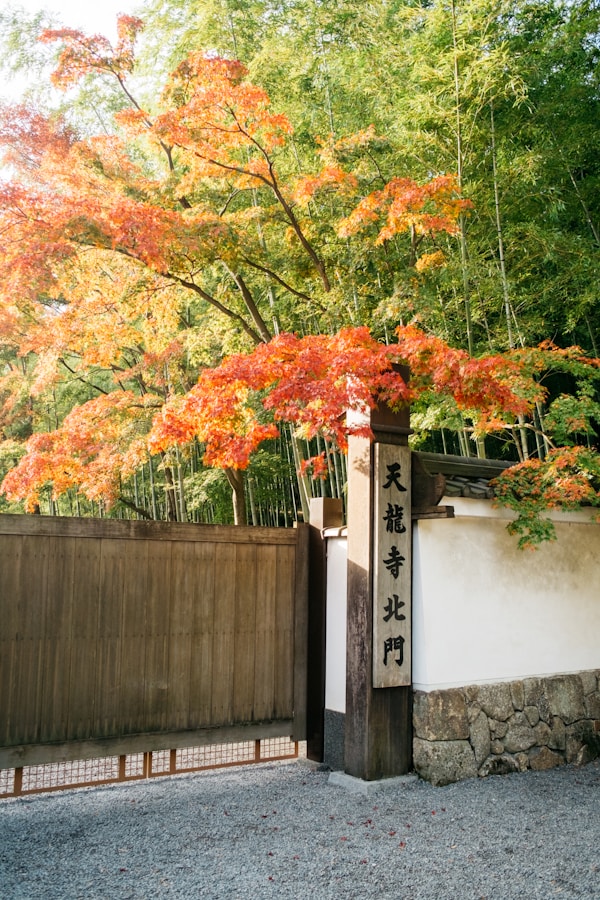.svg)
Key Factors to Consider When Buying a Second Home in Japan
.svg)
.svg)
.svg)

Planning to rent or renovate your akiya in Japan? Learn when to register as a sole proprietor, what it allows, and how Old Houses Japan can support your business goals.
.jpg)

If you’ve purchased or are considering purchasing an akiya in Japan, you may be wondering whether you should register it as a business. Especially for those planning to rent it out as a guesthouse, Airbnb, artist residency, or community space, the idea of becoming a sole proprietor (kojin jigyō) may seem appealing—but is it worth it?
In this guide, we’ll walk through what it means to register your akiya-related activity as a business, the pros and cons of going the sole proprietor route, and how Old Houses Japan can help you decide if it’s the right move.
.jpg)
What Is a Sole Proprietor in Japan?
A sole proprietor in Japan is an individual who operates a business under their own name or a trade name, without forming a separate legal entity (like a corporation). It’s the simplest and most common structure for small businesses and freelancers.
Registering as a sole proprietor (個人事業主 / kojin jigyōnushi) allows you to:
You can register at your local tax office (zeimusho) by submitting a simple form called the Notification of Sole Proprietorship Start (個人事業の開業届出書).
When Does Registering Make Sense?
Registering your akiya as a sole proprietorship makes the most sense when:
If your akiya is purely a personal vacation home or you're not planning to generate income with it anytime soon, registration may not be necessary—yet.
Benefits of Sole Proprietorship for Akiya Owners
✅ Tax Deductions: You can deduct business-related expenses including:
✅ Eligibility for Subsidies: Some rural areas offer grants and support to individuals starting small businesses—particularly guesthouses, community spaces, and tourism initiatives.
✅ Business Identity: It becomes easier to open business accounts, work with professionals, and establish trust if you’re formally registered.
✅ Flexibility: Unlike corporations, sole proprietorships have fewer regulations and can be easily changed or dissolved.
Challenges to Consider
⚠️ You’ll Need to File Taxes in Japan: If you’re a resident, you’ll file a tax return locally. If you’re abroad, you may need a tax agent or representative.
⚠️ Local Zoning Restrictions: Not all akiya are in zones that permit lodging or commercial use. You’ll need to check with the city office or building department before registering.
⚠️ Short-Term Rental Licensing (Minpaku): If you plan to operate an Airbnb or short-stay rental, you’ll need to apply for a Minpaku license and meet health, safety, and operational requirements.
⚠️ Language Barriers: Most registration and tax documents are in Japanese. It’s highly recommended to work with a bilingual liaison or advisor.
How Old Houses Japan Can Help
At Old Houses Japan, we’ve worked with numerous buyers who transformed their akiya into:
We help clients:
Whether you want to dip your toe into hosting or build a long-term income-generating asset, we can guide you through every step.
Final Thoughts
Registering your akiya as a sole proprietorship isn’t required—but it can be a smart, strategic move if you’re planning to renovate, host guests, or turn your property into a purpose-driven space. With low setup costs and valuable deductions, it’s one of the simplest ways to turn your akiya dream into a business reality.
Need help deciding whether this path is right for you? Reach out to Old Houses Japan for personalized guidance and bilingual support.
Start your journey with Luxey today! Sign up for free and get instant access to the best property listings.



